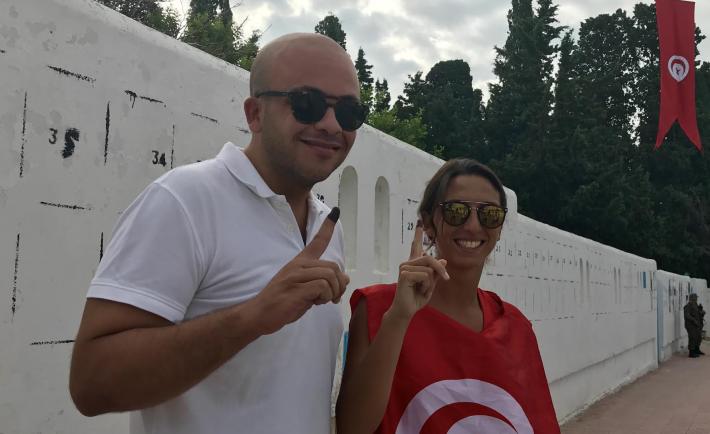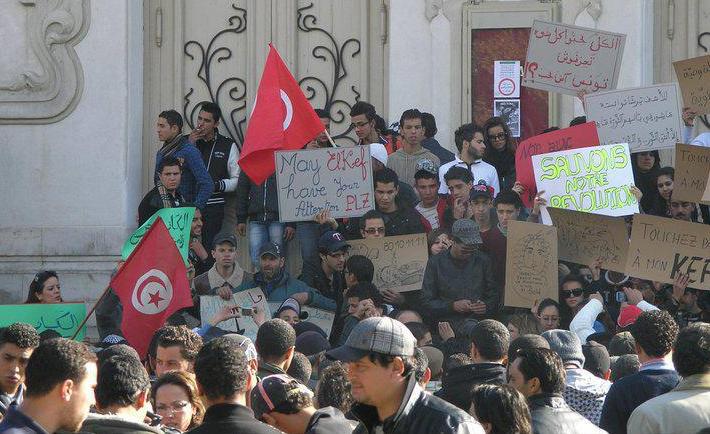Tunisians go to the polls on Sunday for the second democratic presidential election in the country’s modern history. What will they be thinking about as they cast their ballots? Jobs? Human rights? Pollution? How will these and other priorities reshape the political landscape in the months and years to come, as the country navigates the choppy waters of economic stagnation and more stringent popular demands for elected leaders to deliver? And how do those leaders—from the president all the way down—actually realize the promises they make during election season?
The answers to these questions are relevant not just to the people of Tunisia—the birthplace of the Arab Spring—but for small-‘d’ democrats across the region who look to the country for hope and guidance. In the newest episode of the DemWorks podcast, Leo Spaans, our country director in Tunisia, and Les Campbell, NDI regional director for the Middle East and North Africa, try to provide some answers.


